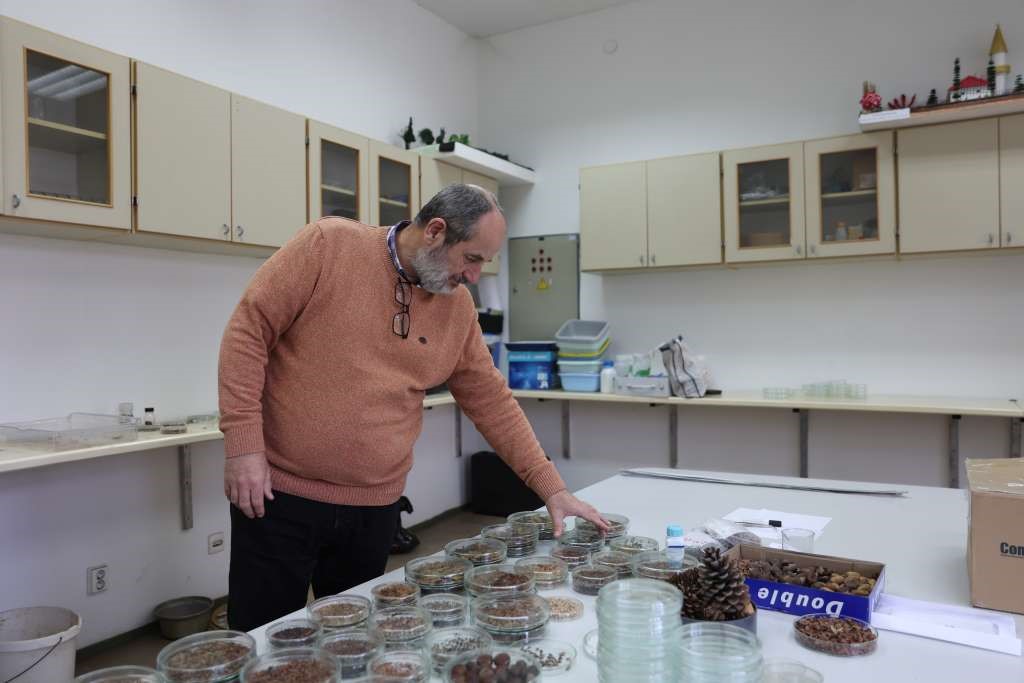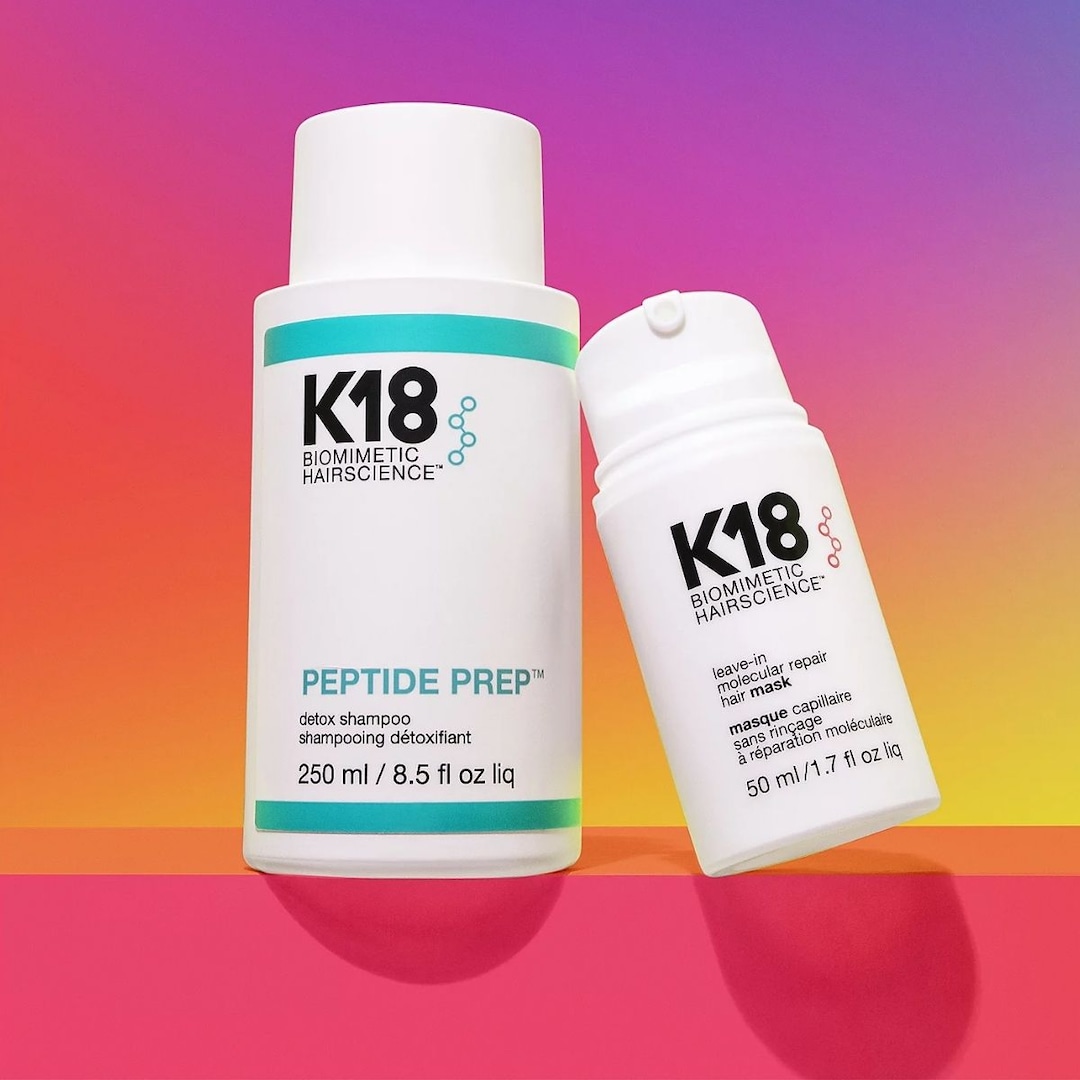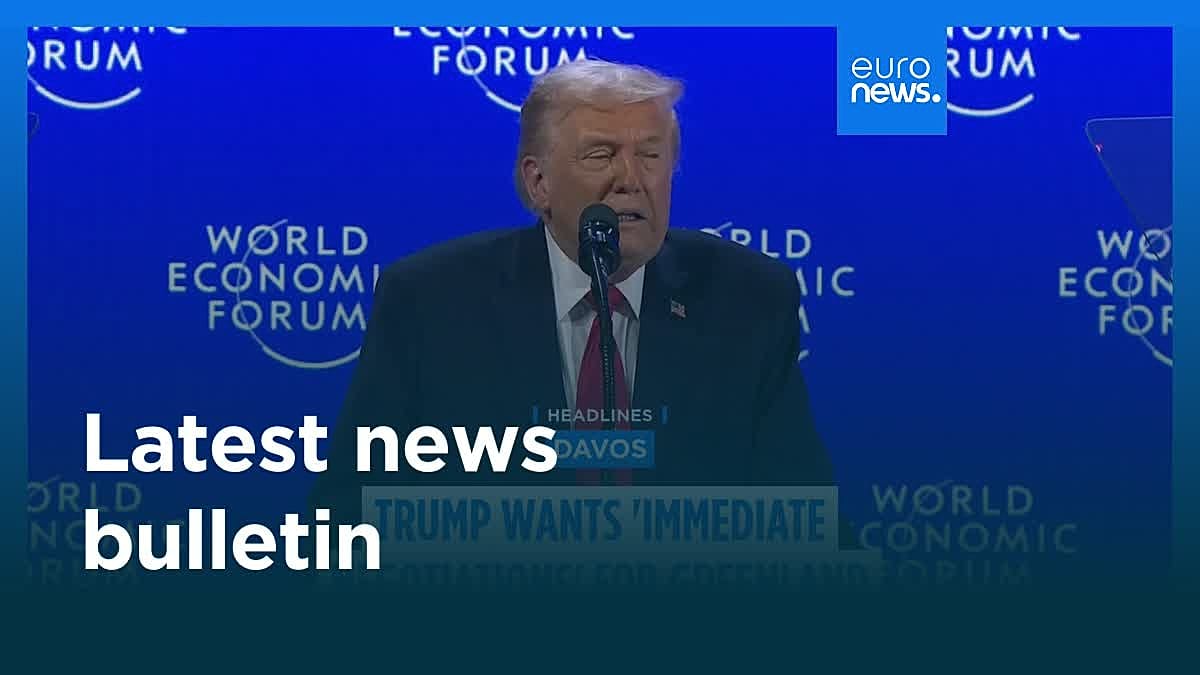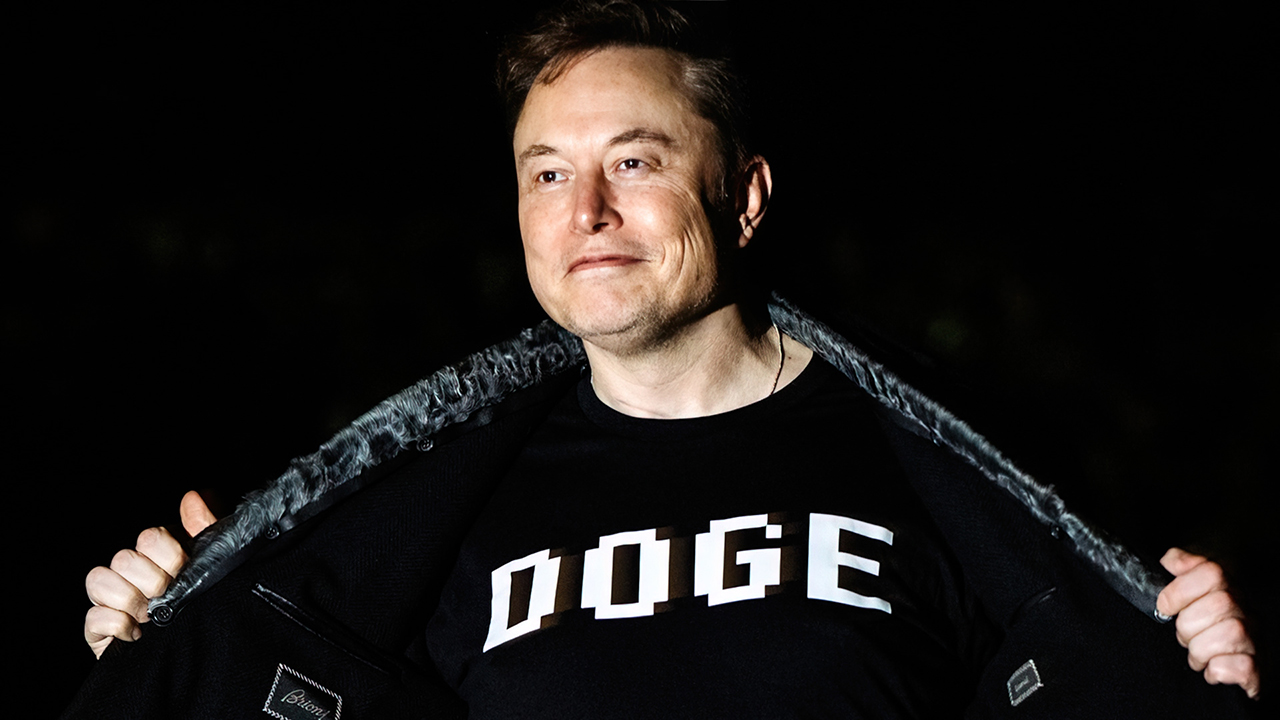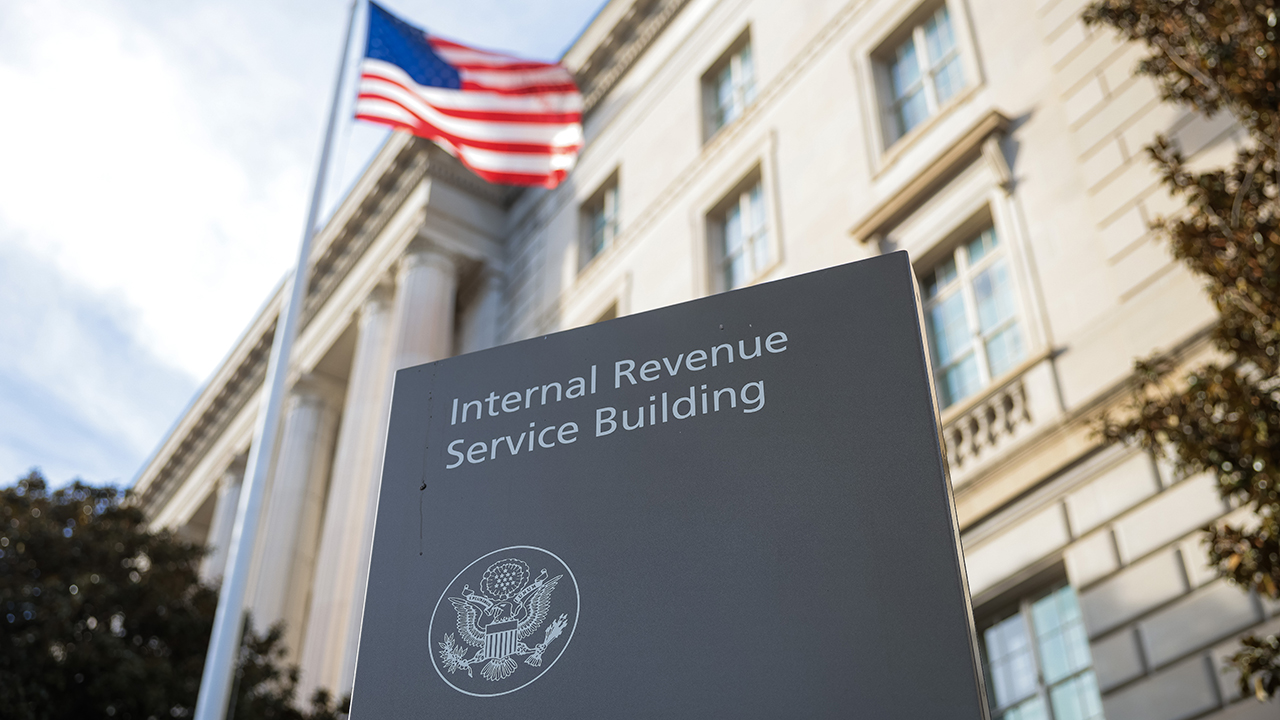Navigating European Markets with Export Leader Barry Leahey MBE


Last year, Barry Leahey MBE – President of UK-based playground equipment manufacturer Playdale Playgrounds – was named Export Leader of the Year after being recognised by the Cabinet Office, championing UK exporters and receiving an MBE for services to international trade.
Over the course of his career, he’s come to recognise what success looks like when navigating international markets. This is especially true in the post-Brexit world, where strategy, brand recognition and a willingness to adapt have become more important than ever.
We spoke to Leahey to discover the lessons he’s learnt along the way, offering advice to UK manufacturers on how they can thrive in European markets.
Since Brexit, how has your approach to trading with EU countries evolved?
“Since Brexit, we have built on the high level of preparation that we had as a pre-Brexit risk register – moving into a phase of internal education around customs checks and compliance,” says Leahey. “Because of the changing business and legal landscape, we diversified our distributors in some territories. This was because some of our existing distributors could not work with the new norm in the same way that they used to.”
What have been the biggest challenges for Playdale in maintaining strong relationships with European distributors or partners?
“The most significant hurdle for Playdale – and I imagine other SMEs – is having the bandwidth and resources to understand exactly what the new logistical changes and laws mean for their industry,” says Leahey. “At Playdale, we have taken the time to learn how to use the tools and resources available to UK businesses to simplify the transition.
“The logistics are a real challenge for SMEs – all the associated paperwork is definitely the biggest change for the sector. The way we have to trade with Europe is now different. However, Playdale was already dealing with the rest of the world on this basis, so it was easier for us to adapt to these changes,” Leahey explains.
“We regularly talk to the government’s Department of Business and Trade team and attend webinars on important subjects, which help us get to grips with changes quickly.”
Can you give an example of a specific EU country where Playdale has managed to grow its market share, and what you did to make that possible?
“We have signed several strategic relationships in the Nordic countries, with both a school supplier and a hotel chain, which in turn have opened up greater opportunities in those markets,” confirms Leahey.
“We were able to develop these relationships because we have a brand presence in the marketplace and a team that professionally follows-up, ensuring that we can get boots on the ground when needed.”
How do you see the current political and economic climate in Europe influencing cross-border trade opportunities?
“The current political and economic climate in Europe presents a mixed picture. While there is a risk of new regulations and protectionist measures, there are also opportunities for a company like Playdale that is well-prepared, focused on quality and aligned with the EU’s long-term strategic goals on sustainability and resilience,” answers Leahey.
“The key to responding to the political and economic climate will be to remain agile, monitor regulatory changes closely and leverage our strong brand reputation to navigate this evolving landscape.”
What do UK exporters need to understand about differing regulatory environments within the EU today?
“While the EU maintains a single market, Brexit has introduced a significant layer of complexity for UK exporters – the key takeaway is that you can no longer assume alignment,” Leahey explains.
“You need to be aware of both passive divergence, such as the EU’s new General Product Safety Regulation – a significant change that the UK has not fully aligned with – and active regulatory changes.”
What practical advice would you give to other UK manufacturers trying to scale exports into the EU in 2025?
“The EU is a very competitive marketplace. During the COVID pandemic, it may have been tough for trade, but many countries had a progressive mindset during this time and honed their focus on digital marketing and manufacturing automation,” Leahey reflects. “The result of these sudden changes has made the landscape even more competitive.
“Strategy-wise, that means I’d recommend strengthening your brand identity and being ready to adapt to international tastes and markets. In the future, politicians will continue to open more doors, but it will be up to British business leaders to work hard delivering on their individual business strategies in order to grow,” Leahey explains.
“This is possible – Playdale is proof of that. But it all comes down to being analytical in your decision-making, setting out a clear strategy, exploring new opportunities in countries that you believe will be lucrative for your business sector and, after all that, it will come down to how much you want to make it work.”
Bonus Question: What’s the biggest lesson you’ve learnt when it comes to European trade so far in 2025?
“While the initial Brexit transition was about adapting to a one-off change, the biggest lesson from 2025 has been that post-Brexit trade with the EU is a continuous process of adaptation,” Leahey says.
“The regulatory environment is dynamic. Success hinges on a proactive approach to monitoring, understanding and complying with a rulebook that is constantly being updated by a bloc that you are no longer a part of.
“The recent EU/UK ‘reset’ shows a willingness to reduce friction, but it also underscores the enduring reality that regulatory alignment is now a strategic choice, not a given.”
The post Navigating European Markets with Export Leader Barry Leahey MBE appeared first on EU Business News.
